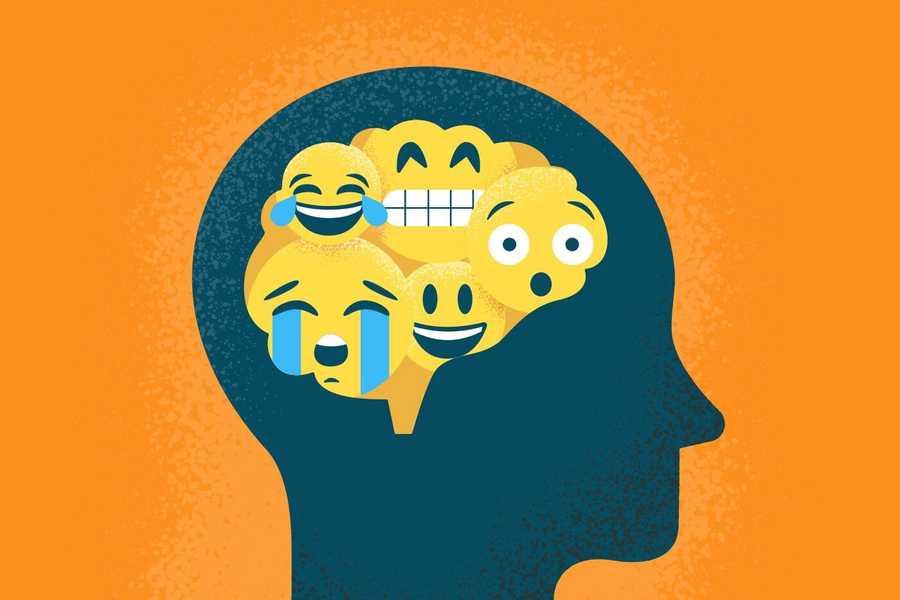Emotional Intelligence Needs a Rewrite
Curated from: nautil.us
Ideas, facts & insights covering these topics:
3 ideas
·12.8K reads
8
Explore the World's Best Ideas
Join today and uncover 100+ curated journeys from 50+ topics. Unlock access to our mobile app with extensive features.
Emotional Intelligence: The Assumptions
Emotional Intelligence(EQ), or the ability to be able to identify and respond to the other person’s feelings is a soft-skill based on two flawed assumptions:
- It is possible to detect or gauge the emotions of the other person accurately.
- Emotions are triggered by outside events and can be controlled by rationality.
New studies find that faces and bodies are not the perfect communicators of a person’s emotional state, and one cannot control someone’s emotion using logic, making the traditional understanding of Emotional Intelligence outdated.
830
5.45K reads
The Neuroscientific View Of Emotional Intelligence
A scientific way to define and understand emotional intelligence is to view your brain as a construction, an on-the-fly builder of thoughts, emotions, and perceptions.
The reflex-like emotional reactions are just the tip of the iceberg, and the brain is constantly shape-shifting itself and processing the sensory inputs that are received into useful predictions and actions.
674
3.7K reads
Emotional Granularity: Becoming An Emotional Expert
If the brain has a large, flexible range of diverse emotions in any given situation, it’s emotional intelligence is wide-ranging and finely tailored. This ability of a flexible, emotion-rich brain is called granularity.
Real emotional intelligence means understanding that sometimes feelings and emotions cannot be distilled and expressed using a predefined slot. Emotional granularity is the coming-of-age of the decades old understanding of EQ, now evolved and unfolding its many facets.
686
3.64K reads
IDEAS CURATED BY
Parv Mangal's ideas are part of this journey:
Learn more about personaldevelopment with this collection
How to listen to your body's hunger and fullness cues
How to develop a positive relationship with food
How to trust yourself around food
Related collections
Similar ideas
Read & Learn
20x Faster
without
deepstash
with
deepstash
with
deepstash
Personalized microlearning
—
100+ Learning Journeys
—
Access to 200,000+ ideas
—
Access to the mobile app
—
Unlimited idea saving
—
—
Unlimited history
—
—
Unlimited listening to ideas
—
—
Downloading & offline access
—
—
Supercharge your mind with one idea per day
Enter your email and spend 1 minute every day to learn something new.
I agree to receive email updates

